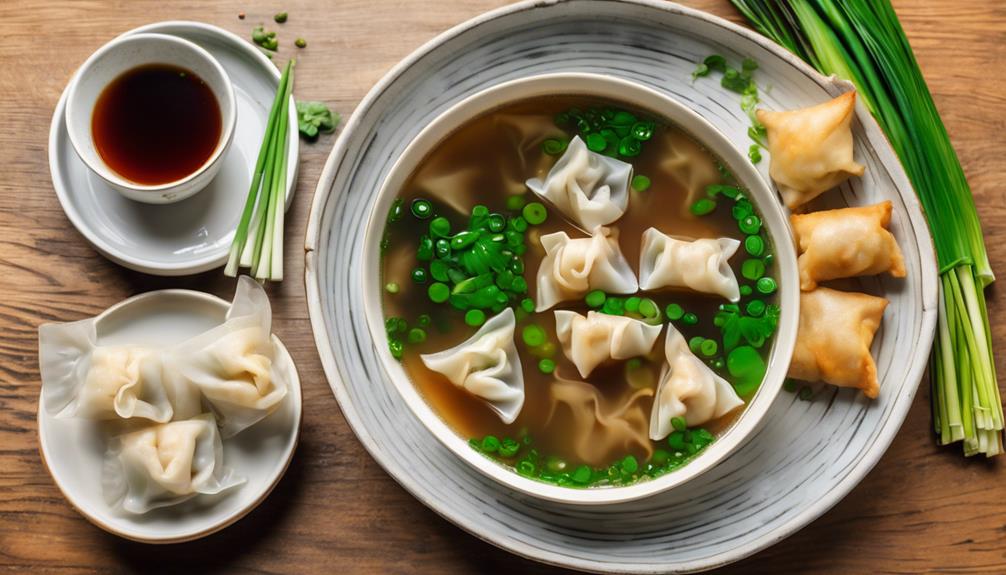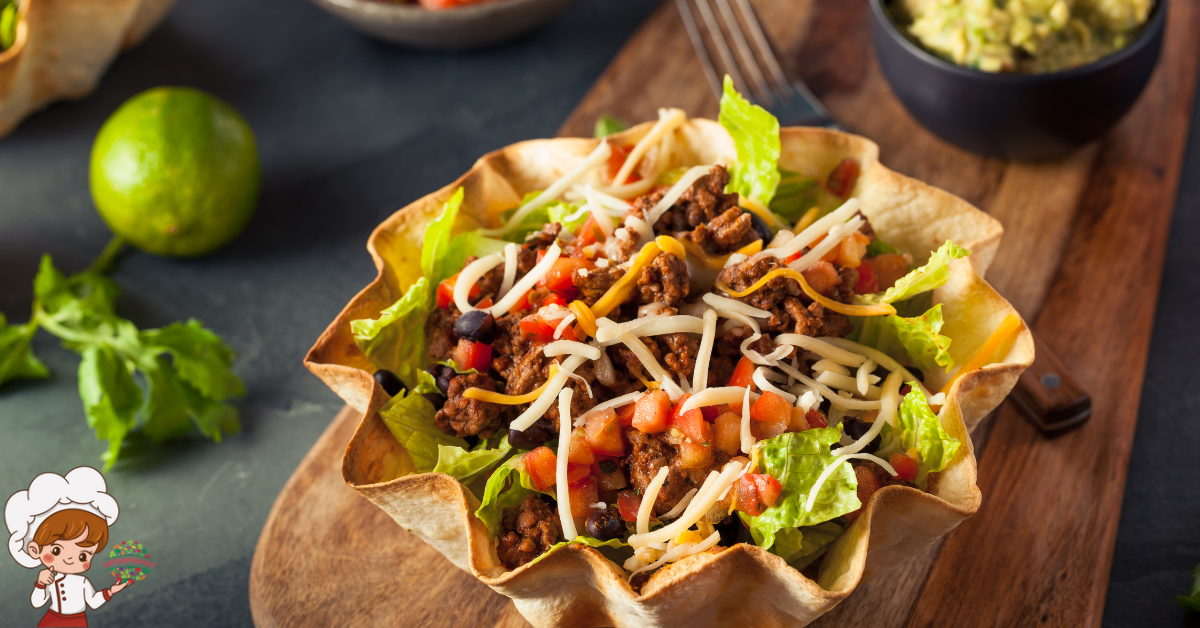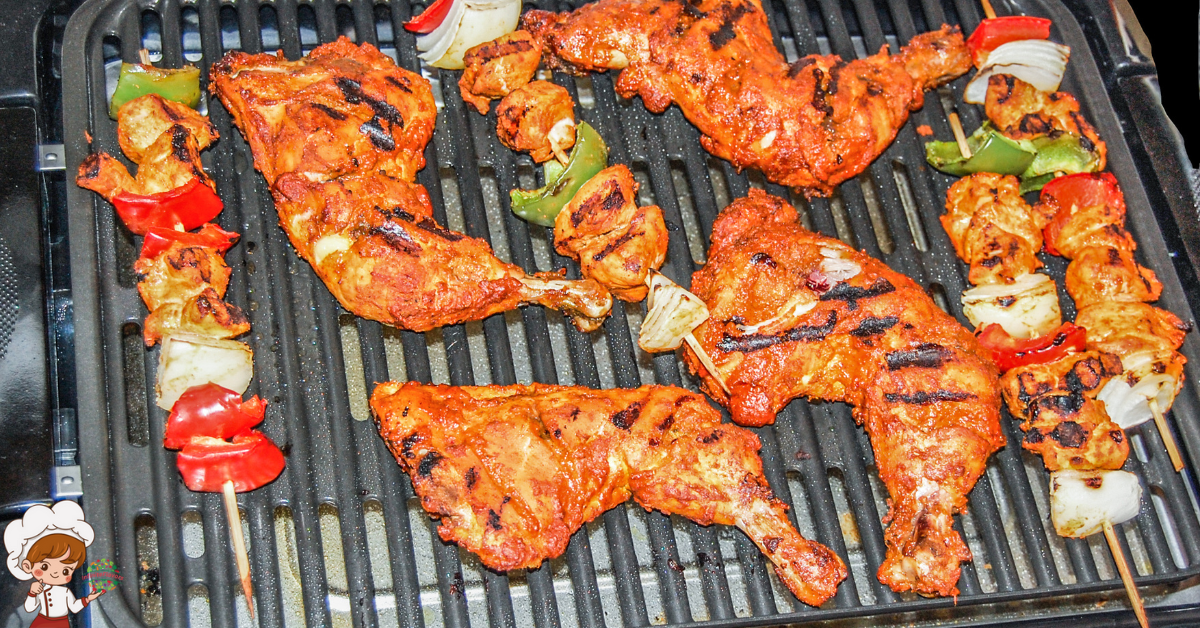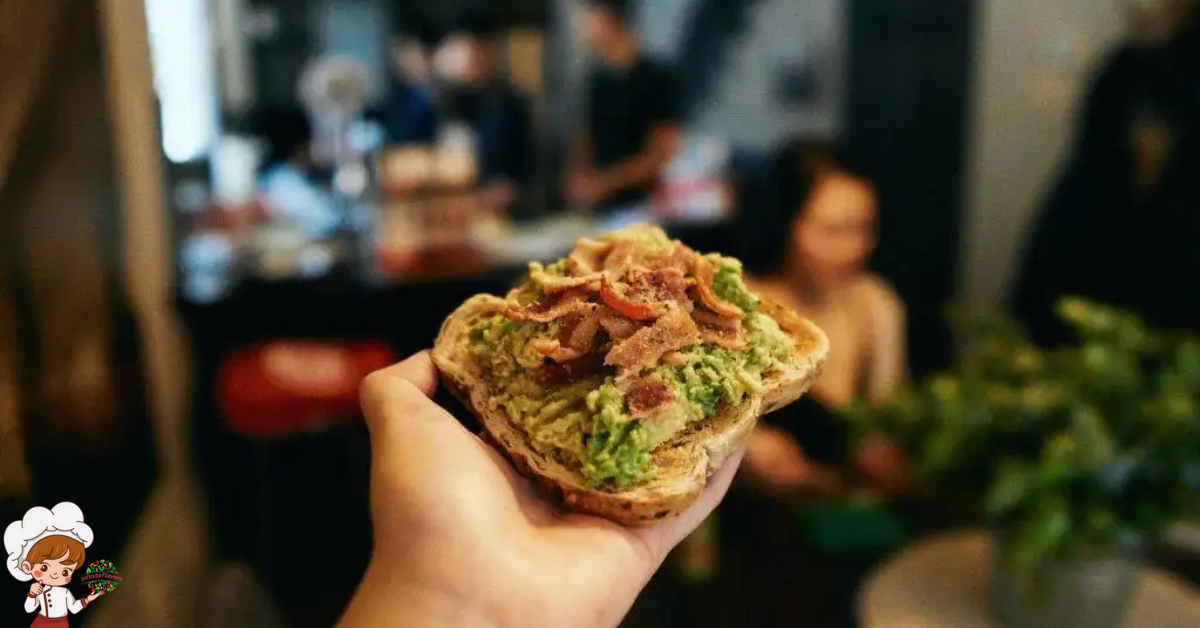The Best Chinese Comfort Food Recipes

If you’re craving Best Chinese Comfort Food Recipes, you’re in for a treat! Think classic noodle soups with rich broths and tasty noodles that warm the soul. Savory dumplings filled with pork or veggies are always a hit, paired with flavorful dipping sauces. Interested in more? Hearty fried rice dishes, colorful stir-fries, and comforting congee offer variations to satisfy any palate. Don’t forget to explore scallion pancakes and egg foo young for a delightful twist. Each dish carries a comforting tradition, ready to bring comfort to your table. There’s so much more deliciousness to discover!
Classic Chinese Noodle Soups
When you think of comfort food, classic Chinese noodle soups likely come to mind, and for good reason. These dishes are not only delicious but also incredibly versatile, catering to a range of tastes and preferences. Whether you’re in the mood for a spicy bowl of Sichuan noodles or a soothing bowl of wonton soup, there’s something for everyone.
You’ll find an array of noodle variations that enhance each dish. From thin rice noodles to thick egg noodles, the choice can change the entire experience. For instance, a bowl of pho uses flat rice noodles, while a hearty beef noodle soup often features chewy wheat noodles. Each type brings its own unique texture and flavor to the broth.
Speaking of broth types, that’s where the magic happens. You can choose from rich, savory broths made with beef, pork, or chicken, or go for a lighter, herbal broth if you prefer something invigorating. Some broths even incorporate spices like star anise or ginger, adding depth and warmth.
As you explore these soups, consider adding your favorite toppings—crunchy scallions, tender bok choy, or a drizzle of chili oil can elevate your meal. When you indulge in a bowl of classic Chinese noodle soup, you’re not just satisfying your hunger; you’re embracing a comforting tradition that warms both the body and soul. So grab your chopsticks and immerse yourself in the delicious world of noodle soups!
Savory Dumpling Varieties
After enjoying a comforting bowl of noodle soup, you might find yourself craving another beloved Chinese comfort food: dumplings. These little pockets of joy are versatile, offering a variety of dumpling fillings that cater to every taste. Whether you prefer the classic pork and cabbage blend, the umami-rich shiitake mushroom, or even a zesty shrimp mixture, there’s a dumpling out there for you.
When it comes to cooking methods, dumplings shine in their ability to adapt. Steaming is a popular choice, allowing the flavors to meld beautifully while keeping the dumplings moist. You can use a bamboo steamer or a simple pot with a steaming basket. If you’re after a crunch, pan-frying is the way to go. You’ll achieve that delightful crispy bottom while keeping the filling juicy. For an easier option, boiling dumplings is quick and straightforward, making it perfect for weeknight dinners.
If you’re feeling adventurous, try experimenting with different combinations of dumpling fillings and cooking methods. You can even go for a hybrid approach by pan-frying first and then steaming to lock in all the goodness. Dumplings can be served with a simple soy sauce or a tangy vinegar dipping sauce, elevating your meal to new heights. So, grab your favorite fillings, choose your cooking method, and get ready to indulge in one of the most satisfying comfort foods around!
Hearty Fried Rice Dishes
When you’re ready to whip up a hearty fried rice dish, knowing the essential ingredients is key. You’ll also want to master a few cooking techniques to achieve that perfect texture and flavor. Let’s explore what you need to create a satisfying meal that warms the soul.
Essential Ingredients Needed
Hearty fried rice dishes rely on a few essential ingredients that bring flavor and texture to the table. First up, you’ll need day-old rice, which has the perfect dry texture for frying. Freshly cooked rice can turn mushy, so plan ahead! Next, incorporate vegetables like peas, carrots, and green onions to add color and crunch.
When it comes to proteins, think about adding eggs, chicken, shrimp, or tofu, depending on your preference. These not only enhance the dish but also make it more filling. Don’t forget the essential spices, such as garlic and ginger, which pack a punch of flavor.
Key sauces play a vital role in tying everything together. Soy sauce is a must-have for that savory depth, while oyster sauce adds a touch of sweetness and richness. For a bit of heat, consider adding chili sauce or sesame oil.
Cooking Techniques Explained
Mastering the cooking techniques for fried rice can elevate your dish from average to outstanding. Start with the right rice; day-old rice works best since it’s drier and less sticky. Use effective stir frying methods to guarantee every grain is heated evenly. Heat your pan until it’s smoking hot before adding oil, which is vital for the frying essentials.
Incorporate simmering techniques when adding any sauces or broth; this enhances the flavors without making the rice mushy. If you’re including vegetables, consider blanching techniques to retain their vibrant colors and crunch. For proteins, marinating ideas like soy sauce or ginger can add depth.
Don’t forget about seasoning strategies—salt, pepper, and sesame oil can really bring your dish alive. If you want to add a unique twist, try roasting practices for nuts or vegetables, which can introduce a lovely texture.
Lastly, remember your plating techniques. A well-presented dish not only looks appetizing but also invites your guests to dig in. With these cooking methods, you’ll create hearty fried rice dishes that are not just meals but experiences.
Flavorful Stir-Fry Combinations
A variety of vibrant ingredients can transform your stir-fry into a delicious masterpiece. When it comes to vegetable combinations, think of colorful bell peppers, crisp snap peas, and tender broccoli. These not only add texture but also bring a delightful crunch to your dish. You can mix and match according to the season or what you have on hand. For a bit of sweetness, toss in some carrots or baby corn, and don’t forget about aromatics like garlic and ginger for that essential depth of flavor.
Now, let’s talk about protein pairings. Chicken, beef, and shrimp are classic choices, but don’t shy away from tofu or tempeh for a plant-based option. Each protein brings its unique taste and absorbs the marinade beautifully. Marinating your protein beforehand with soy sauce, sesame oil, and a splash of rice vinegar can elevate your stir-fry.
To create a well-rounded meal, consider how the flavors work together. For example, pairing chicken with bell peppers and snap peas creates a bright, savory dish. Meanwhile, beef and broccoli offer a heartier option that’s always a crowd-pleaser. Remember, the key is to keep your stir-fry moving in the pan, ensuring even cooking and that perfect char.
Comforting Congee Recipes
Congee often serves as a comforting staple in many households, especially during colder months or when you’re feeling under the weather. This rice porridge is not only warm and soothing but also packed with nutritional benefits. It’s easily digestible, making it perfect for those days when your stomach isn’t quite up to par.
You can customize your congee with various toppings and flavors, reflecting the regional variations found across China. For instance, in Cantonese cuisine, you might enjoy a savory congee topped with shredded chicken, ginger, and scallions. Meanwhile, in northern China, you may encounter a thicker, more porridge-like version often served with pickled vegetables or century eggs.
To elevate your congee, consider adding ingredients like mushrooms, spinach, or even seafood for added flavor and nutrition. The beauty of congee lies in its versatility—you can create a simple breakfast dish or a hearty meal. You can also experiment with spices and sauces, like soy sauce or sesame oil, to suit your taste.
Moreover, congee is often seen as a comfort food during illness, thanks to its warmth and gentle texture. It’s a dish that brings people together, providing nourishment and solace. So, the next time you’re in need of something warm and satisfying, whip up a bowl of congee and explore the flavors that resonate with you. You’ll find it’s not just food; it’s a hug in a bowl.
Delicious Bao Buns
Bao buns frequently steal the show at any gathering, thanks to their fluffy texture and endless filling possibilities. Originating from China, these delightful steamed buns have a rich bao bun history that dates back centuries. They were traditionally enjoyed by the working class, providing a portable and satisfying meal. Today, bao buns have become a beloved comfort food worldwide.
When you think about bao bun fillings, the options are nearly limitless. You can go classic with braised pork belly, incorporating savory sauces and fresh veggies for a mouthwatering bite. If you’re in the mood for something lighter, try a mix of sautéed mushrooms and tofu, seasoned with soy sauce and sesame oil. For a spicy kick, consider adding some kimchi or sriracha to your filling. The beauty of bao buns lies in their versatility—feel free to experiment with different ingredients based on your taste preferences.
Making bao buns at home is simpler than you might think. Start by preparing the dough with flour, yeast, and water, then let it rise until fluffy. While the dough is resting, whip up your favorite filling. Once the dough is ready, shape it into small rounds, stuff them with your chosen filling, and steam until they’re perfectly fluffy.
Whether you’re hosting a party or just craving a comforting meal, bao buns are sure to impress. So gather your ingredients and enjoy crafting these delicious bites that will leave everyone asking for more!
Warm and Spicy Hot Pot
When you’re ready to enjoy a warm and spicy hot pot, you’ll want to gather the essential ingredients that make it truly special. Explore different broth variations to find the perfect match for your taste, and don’t forget to whip up some tasty dipping sauces for that extra kick. Let’s get cooking and bring this comforting dish to life!
Essential Ingredients for Hot Pot
Hot pot is a delightful culinary experience that brings friends and family together around a bubbling pot of flavorful broth. To create a warm and spicy hot pot, you’ll need some essential ingredients. Start with your broth bases, which can range from a rich pork bone broth to a spicy Sichuan broth. Choose a base that sets the tone for your meal.
Next, you can’t forget about spice blends. These are vital for infusing your broth with depth and heat. A classic blend might include Sichuan peppercorns, dried chilies, garlic, and ginger. You can adjust the spice level to suit your taste preferences, making it as mild or fiery as you like.
For dipping, gather an assortment of meats like thinly sliced beef and lamb, along with fresh vegetables such as bok choy, mushrooms, and tofu. Don’t forget the noodles to round out your meal. Finally, prepare a dipping sauce with ingredients like soy sauce, sesame oil, and chopped scallions to enhance the flavors of your cooked ingredients. With these essentials, you’re all set to enjoy a delicious hot pot experience!
Broth Variations to Explore
Explore the delicious world of broth variations that can elevate your hot pot experience to new heights. When it comes to broth types, you can choose from rich, hearty options like beef bone broth or light, aromatic chicken broth. Each offers unique broth benefits, enhancing the flavor of your ingredients while providing nourishment.
You’ll want to reflect on your broth ingredients carefully; fresh vegetables, herbs, and spices can transform your base. For a warm and spicy hot pot, incorporate seasonings like Sichuan peppercorns or chili oil to achieve that perfect kick. Experiment with broth textures too; a silky broth can complement tender meats, while a more chunky broth may enhance the experience of dipping.
Don’t forget about broth storage—keeping your leftover broth in an airtight container in the fridge allows you to enjoy it later. When you’re ready to serve, think about broth pairings; certain meats and vegetables work better with specific broths, creating a harmonious meal. Finally, explore the broth history, understanding how traditional recipes influence contemporary variations can deepen your appreciation for this comforting dish. Enjoy the journey through these broth possibilities!
Perfect Dipping Sauces
After perfecting your broth, it’s time to enhance your hot pot experience with the right dipping sauces. These sauces will elevate the flavors of your ingredients and make each bite unforgettable.
Start with a spicy peanut sauce. Combine creamy peanut butter with soy sauce, chili oil, garlic, and a splash of vinegar. This sauce adds a rich, nutty flavor and a kick of heat that pairs beautifully with meat and vegetables.
Next, whip up a sweet soy sauce. Mix soy sauce with a hint of sugar, garlic, and sesame oil. This sauce balances the savory notes of your hot pot, making it perfect for dipping delicate seafood or tofu.
For extra complexity, try mixing both sauces together for a glorious fusion of spicy and sweet. You can also customize your dipping experience by adding chopped green onions, fresh cilantro, or a squeeze of lime to any sauce.
With these perfect dipping sauces, you’ll transform your hot pot into a culinary adventure. So gather your ingredients, dip, and savor each flavorful bite!
Sweet and Sour Favorites
Sweet and sour dishes embody a delightful balance of flavors that can easily transform a simple meal into a comforting feast. When you think of comfort food, sweet and sour chicken and sweet and sour pork often come to mind. These dishes are not just tasty; they’re also quick to prepare, making them perfect for busy weeknights.
To make sweet and sour chicken, you’ll start by marinating bite-sized chicken pieces in a mixture of soy sauce and cornstarch. After frying them until golden, toss them with bell peppers, onions, and pineapples. The real magic happens when you coat everything in a vibrant sweet and sour sauce made from ketchup, vinegar, sugar, and soy sauce. This combination gives your chicken a glossy finish and a burst of flavor that’s hard to resist.
For sweet and sour pork, follow a similar method. Use tender pork pieces, marinated and fried to perfection. The key here is to balance the sweetness and acidity in your sauce, just like with the chicken. Serve it over steaming rice to soak up the delicious sauce, and you’ll have a meal that warms your heart.
These sweet and sour favorites are not only satisfying but also versatile. Feel free to swap in your favorite vegetables or even try adding some heat with sliced chilies. No matter how you make them, these dishes are sure to become staples in your comfort food repertoire.
Traditional Chinese Stews
When you think of comforting meals, traditional Chinese stews often come to mind. These hearty dishes not only bring warmth but also showcase a variety of cooking techniques that enhance their flavors. Let’s explore some popular stews and the methods that make them so special.
Popular Stews Overview
Comfort and warmth define traditional Chinese stews, which are cherished for their deep flavors and heartiness. These dishes often feature a variety of ingredients, simmered together to create a rich tapestry of taste. One popular option is spicy beef stew, where tender chunks of beef meld with an array of spices, creating a bold flavor that warms you from the inside out.
Another delightful choice is the mushroom medley stew, showcasing an impressive variety of mushrooms that add earthy notes and a delightful texture. These stews are typically served over rice or with noodles, making them a filling and satisfying meal.
Whether you’re enjoying a family gathering or simply looking for a comforting meal on a chilly day, these stews have a special place in Chinese cuisine. They not only provide nourishment but also evoke feelings of nostalgia and tradition. By exploring these popular stews, you’ll discover the heart of Chinese comfort food, making it easy to bring a taste of home to your kitchen. So grab your ingredients, and let the simmering begin!
Cooking Techniques Explained
Mastering traditional Chinese stews involves a few essential cooking techniques that enhance flavor and texture. One of the key methods you’ll want to focus on is braising. This technique involves searing the meat first, then cooking it slowly in a flavorful liquid. It helps tenderize tougher cuts while infusing deep flavors from ingredients like soy sauce, ginger, and garlic.
Another important technique is steaming. Steaming techniques allow you to preserve the natural flavors and nutrients of your ingredients. By using bamboo steamers or a steaming rack, you can cook vegetables and proteins delicately, ensuring they remain vibrant and tender.
Combining these methods can yield amazing results. For example, you might braise meat with spices and then steam vegetables to serve alongside. This balance of textures and flavors makes your stews truly satisfying.
Don’t forget to experiment with herbs and spices, as they’ll elevate your dish. Incorporating fresh scallions or cilantro as a garnish can add a burst of freshness that enhances the entire meal. By mastering these techniques, you’ll create comforting, authentic Chinese stews that warm the heart and satisfy the soul.
Flavorful Scallion Pancakes
Scallion pancakes are a beloved staple in Chinese cuisine, and making them at home is easier than you might think. These savory, flaky pancakes boast a delightful crispy texture that’s hard to resist. With just a few simple ingredients, you can whip up a batch that’ll impress your family or friends.
Start by combining all-purpose flour and hot water in a bowl, kneading until smooth. Let the dough rest for about 30 minutes. While it’s resting, finely chop fresh scallions, which are key to that iconic flavor. Once your dough is ready, divide it into smaller balls and roll each one out into a thin circle. Spread a bit of oil on the surface, sprinkle with salt and your chopped scallions, then roll it up tightly like a jelly roll. Coil the rolled dough into a spiral and flatten it gently—this technique creates those lovely layers.
Heat a skillet over medium heat and add some oil. Fry each pancake until golden brown on both sides, achieving that coveted crispy texture. Serve them hot with a homemade dipping sauce made from soy sauce, rice vinegar, and a touch of sesame oil. This combination enhances the flavors and complements the pancakes perfectly.
Try making scallion pancakes for your next meal, and you’ll find they’re not only delicious but also a fun cooking project that brings a taste of China right into your kitchen!
Easy Egg Foo Young
After enjoying the crispy delight of scallion pancakes, you might be looking for another simple yet satisfying dish to try at home. Egg foo young is a fantastic option that’s not only easy to make but can be customized to suit your taste. This fluffy omelet dish hails from Chinese cuisine and is packed with delicious ingredients.
To prepare egg foo young, start by whisking together a few eggs. You can add a variety of vegetables—like bean sprouts, bell peppers, and onions—along with some protein, such as shrimp, chicken, or tofu. The beauty of egg foo young is in its versatility; you can explore different young variations based on what you have on hand or what you enjoy most.
Once your mixture is ready, heat some oil in a skillet. Pour in a ladleful of the egg mixture, and cook until the edges are golden and the center is set. Flip it gently to guarantee even cooking, and you’ll have a beautiful omelet ready to serve.
For an extra touch, drizzle some soy sauce or homemade gravy over the top before diving in. Serve it alongside steamed rice or stir-fried vegetables for a complete meal. With its delightful flavors and textures, egg foo young is bound to become a favorite in your home. So, gather your ingredients and give this comforting dish a try!
Tasty Mapo Tofu
Mapo tofu is a delightful dish that packs a punch with its bold flavors and spicy kick. Originating from Sichuan cuisine, this dish combines silky tofu with a rich, spicy sauce made from fermented black beans, chili paste, and minced meat—usually pork or beef. The beauty of mapo tofu lies in its spicy variations, allowing you to customize the heat level to your preference. You can easily adjust the amount of chili oil or add extra spices to suit your taste.
When preparing mapo tofu, you’ll want to focus on the different tofu textures that enhance the dish. Soft or silken tofu works best, as it absorbs the sauce beautifully and contrasts with the crunch of the minced meat and the spices. If you prefer a firmer bite, opt for medium or firm tofu, which holds its shape while still soaking up all those delicious flavors.
To make your mapo tofu truly shine, don’t forget to garnish it with chopped green onions and a sprinkle of Sichuan peppercorns. This adds a fragrant finish and a delightful numbing sensation that elevates each bite. Serve it over steamed rice, and you’ve got a comforting meal that’s both satisfying and exciting. Whether you’re a spice lover or just looking to try something new, mapo tofu is a must-try dish that brings the heart of Chinese comfort food right to your table. Enjoy cooking and savoring this culinary gem!
Decadent Chinese Desserts
Indulging in decadent Chinese desserts is a delightful way to end any meal. If you’re looking to satisfy your sweet tooth, you have plenty of options to choose from. One popular treat is mango pudding, a creamy and fruity delight that captures the essence of tropical flavors. Pair it with coconut sticky rice, and you’ve got a match made in heaven.
For a more traditional experience, try red bean paste desserts. Sesame balls, filled with a sweet red bean paste and coated in sesame seeds, offer a crunchy exterior and a soft, flavorful center. Don’t forget about taro cake, which boasts a subtle sweetness and a unique texture that keeps you coming back for more.
Craving something light and invigorating? Almond jelly is a fantastic choice, often served with fresh fruit and syrup. And who could resist the classic egg tarts? Their flaky crusts and creamy egg custard filling make them a favorite among dessert lovers.
If you’re a fan of unique flavors, matcha mousse brings a modern twist to the table. For a festive treat, indulge in chocolate mooncakes, which are rich and filled with sweet or savory fillings. Finally, nothing warms the soul quite like a bowl of sweet soup, made with various ingredients like mung beans or lotus seeds.
With these decadent options, your dessert experience will certainly be unforgettable!
Frequently Asked Questions Best Chinese Comfort Food Recipes
What Are the Best Ingredients for Authentic Chinese Comfort Food?
To create authentic dishes, you’ll need ingredients that enhance umami flavors, like soy sauce and mushrooms. Explore regional variations by incorporating local spices and herbs, ensuring each meal captures the essence of Chinese culinary traditions.
How Can I Make Chinese Comfort Food Vegetarian-Friendly?
To make vegetarian-friendly dishes, focus on vegetarian adaptations like tofu or mushrooms. Incorporate flavor enhancements such as soy sauce, garlic, and ginger to create depth. Experiment with spices and fresh vegetables for a satisfying, hearty meal.
What Are Common Cooking Techniques Used in Chinese Comfort Food?
You’ll find that common cooking techniques include stir frying basics for quick flavors and slow cooking methods to develop rich tastes. Mastering these techniques will elevate your dishes, making them delicious and satisfying.
How Do I Store Leftovers From Chinese Comfort Dishes?
To store leftovers, place them in airtight containers, letting them cool first. For reheating, use the microwave or stovetop, adding a splash of water to maintain moisture. You’ll enjoy your leftovers just as much!
Can I Substitute Ingredients in These Recipes for Dietary Restrictions?
Yes, you can definitely substitute ingredients for dietary restrictions. Look for ingredient alternatives that suit your needs, and make allergen substitutions where necessary. Adjusting recipes can help you enjoy your meals without compromising your health.
Conclusion
Now that you’ve explored these comforting Chinese recipes, it’s time to get cooking! Whether you’re slurping up a warm bowl of noodle soup or savoring savory dumplings, each dish offers a taste of home. Don’t forget to try your hand at making congee or whipping up some scallion pancakes for a delightful treat. So gather your ingredients, release your creativity, and enjoy the heartwarming flavors that Chinese comfort food brings to your table! Happy cooking!








